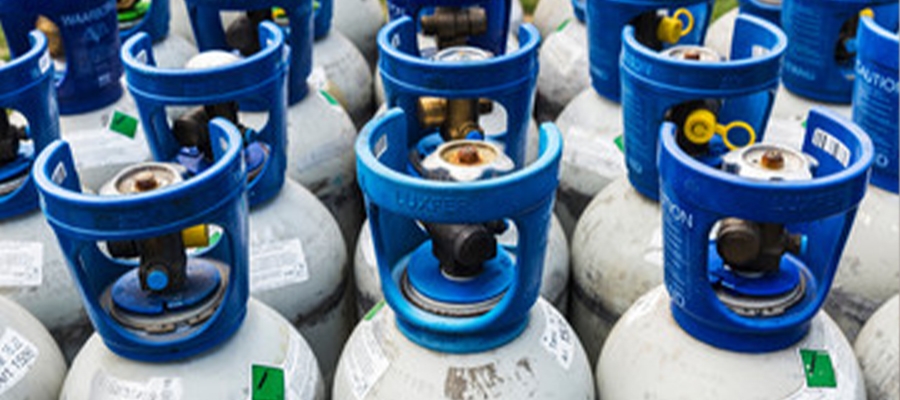Refrigeration systems are a crucial component on ships. Cooling and freezing systems, as well as air conditioning systems, ensure a pleasant temperature on board and prevent food and beverage from spoiling. In addition, certain types of cargo require constant refrigeration to keep the cargo in optimum condition, per example on reefer ships or LNG carriers. The factor of environmental protection is least on the minds of most people in this context. However, the refrigerant used and potential leaks in the refrigeration system not only affect smooth operation but also have considerable environmental impact. Many refrigerants have a high Global Warming Potential (GWP). For instance, if one kilogram of the still commonly used refrigerant R-404A enters the atmosphere, it has the same impact as 3,900 kg of CO2.
The European Union has already prohibited the sale of new refrigerants with a high GWP factor, including R-404A, some time ago. Similar regulations exist in the United States. In other parts of the world, R-404A is still available and common to use.
"But there are alternatives," says Martin Mac Mahon, Environmental Compliance Manager at Bernhard Schulte Shipmanagement (BSM). "For example, R-407F. This refrigerant is a recognized substitute and can reduce the impact on global warming by over 50% compared to R-404A." Other low-GWP refrigerants such as R-407C or R-134A are also used on board BSM-managed ships.
Mac Mahon wants to persuade more owners to switch to such alternatives. “These low-GWP refrigerants not only reduce the carbon footprint but also have the potential to improve energy efficiency, leading to decreased energy consumption. And – most important – they are compatible with existing systems, eliminating the need for any technical upgrades or retrofitting."
“ESG as part of our operations becomes more and more relevant. As ESG requirements increase, the pressure to reduce your waste stream also increases. We should go beyond compliance. We must do better before the governments force us to do better.”
The Environmental Compliance Manager assumes that more countries will follow suit with their regulations and impose stricter requirements on the use of refrigerants in the future. And he also sees a rethink among owners. "More and more owners want to switch. Sticking with the tried and tested is often based on lack of knowledge. Many believe that a different refrigerant requires a new system. This is where we at BSM can help and provide advice."









